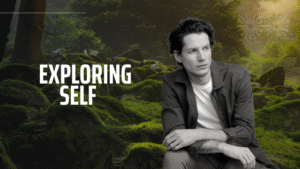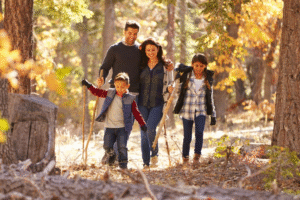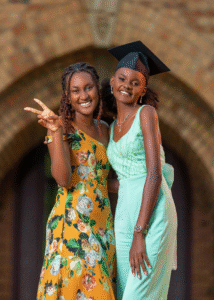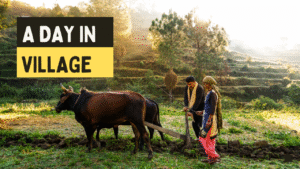Blog
Technology
Adventure Travel, backcountry pantry, backcountry pizza, backpacker lucerne, backpacker meals, backpacker store, backpackers hawaii, backpackers hawaii hostel, backpackers hostel oahu, backpackers villa sonnenhof, backpacking, backpacking radio, hawaii backpackers, hawaii for backpackers, hostel lucerne switzerland, hostels in lucerne switzerland, hostels in switzerland interlaken, hostels interlaken, interlaken backpackers, yosemite backpackers
jatink20100
3 Comments
Backpackers
Backpackers: Exploring the World with Freedom and Purpose
Backpackers are a unique group of travelers known for their adventurous spirit, budget-conscious mindset, and deep desire to explore the world beyond traditional tourist experiences. Unlike luxury or business travelers, backpackers usually carry everything they need in a single backpack and often travel for extended periods, seeking authenticity, freedom, and cultural immersion. Their lifestyle has become a symbol of independent travel and self-discovery.
One of the defining features of backpackers is their emphasis on low-cost travel. They often stay in hostels, guesthouses, or even camp to keep expenses down. Many travel using public transportation, eat local street food, and avoid tourist traps. The goal is not just to save money but to experience places in a more genuine way. By choosing local businesses and off-the-beaten-path destinations, backpackers contribute to sustainable tourism and often support small communities that may not benefit from mainstream tourism.
Backpacking is more than just a way to travel—it’s a mindset. Many backpackers are driven by curiosity and a desire for personal growth. They travel not just to see famous landmarks, but to learn new languages, make connections with people from around the world, and understand different cultures from the inside out. This cultural exchange is one of the most enriching aspects of backpacking. Whether it’s volunteering on a farm in South America, taking cooking classes in Southeast Asia, or trekking with local guides in Africa, backpackers often seek to participate in everyday life, not just observe it.
The personal benefits of backpacking are significant. Living out of a backpack teaches people to live simply and appreciate what truly matters. Backpackers often become more adaptable, resourceful, and confident. They learn how to navigate foreign cities, manage budgets, solve unexpected problems, and communicate across language barriers. These experiences develop life skills that stay with them long after the journey ends.
Backpacking also fosters a strong sense of community. In hostels and travel hubs around the world, backpackers from different countries connect over shared stories and mutual curiosity. These friendships can be short but meaningful, and they often leave lasting impressions. Many backpackers speak of a global family—people they’ve met while traveling who feel like lifelong friends, despite meeting only briefly.
Of course, backpacking is not without its challenges. Long-term travel can be physically and emotionally demanding. Limited comfort, occasional loneliness, and unpredictable circumstances are all part of the journey. However, many backpackers embrace these challenges as opportunities for growth, resilience, and discovery.
In conclusion, backpackers represent a modern form of exploration that values freedom, learning, and cultural connection. They travel not just to escape, but to engage—with the world, with others, and with themselves. Through their journeys, backpackers remind us that meaningful travel isn’t about luxury or convenience—it’s about curiosity, courage, and the willingness to step into the unknown.







































































3 comments